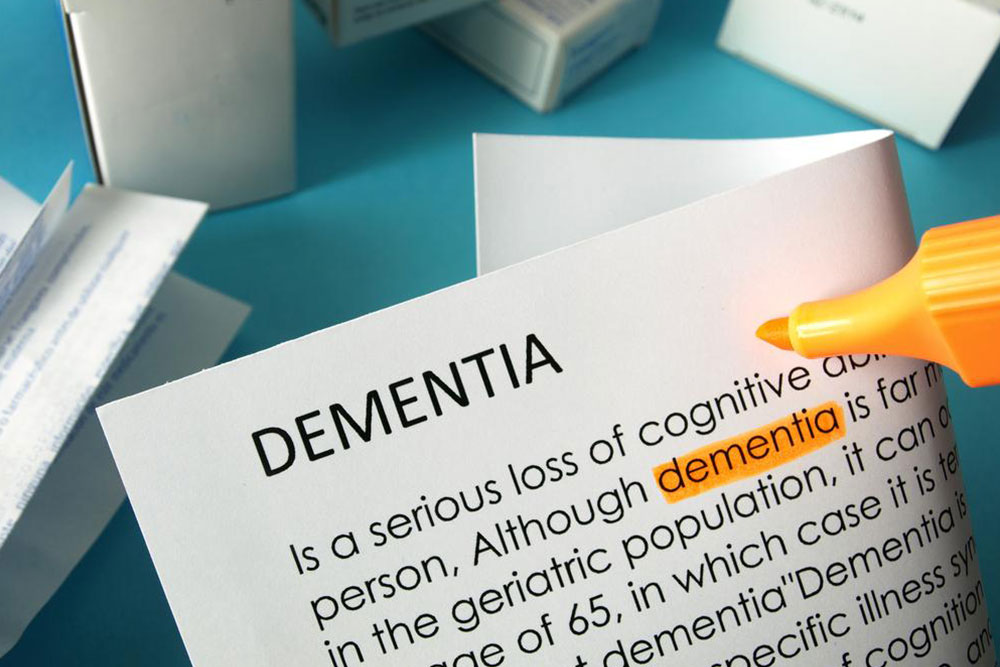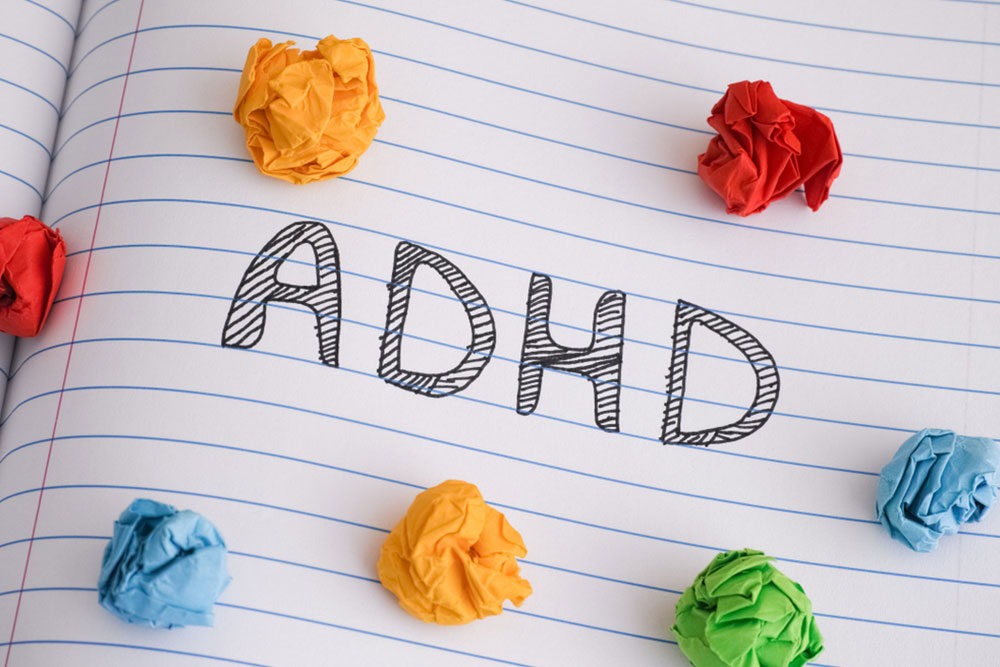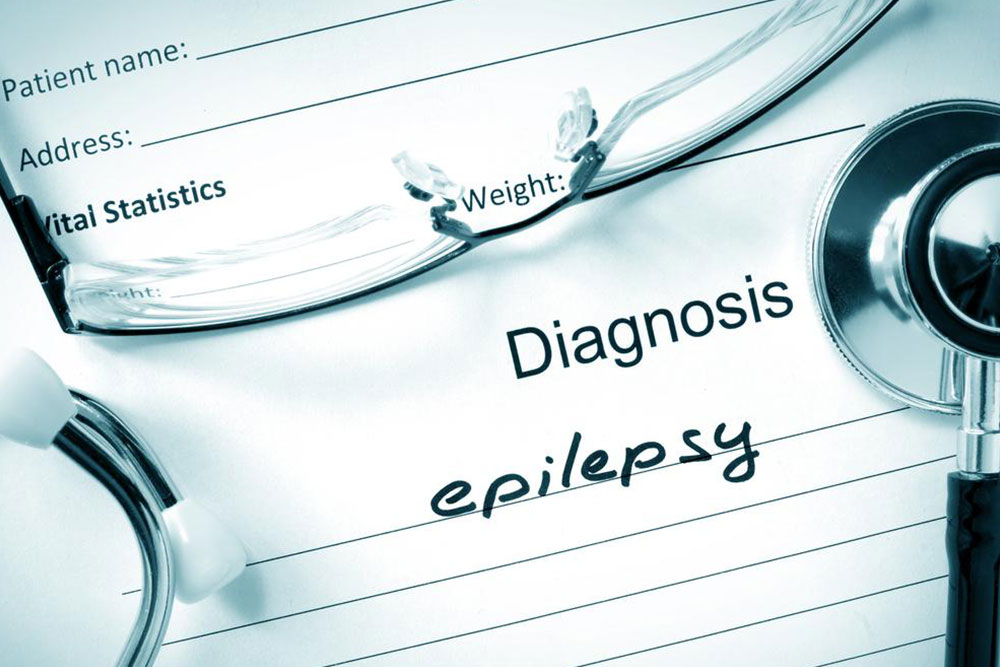Understanding Dementia: Key Facts and Insights
This article offers a comprehensive overview of dementia, including its causes, symptoms, and management strategies. It highlights the primary types such as Alzheimer's and vascular dementia, factors increasing risk, and early signs to watch for. While there is no cure, medications can help delay progression. Understanding these key aspects can aid in early detection and better management of the condition. Always consult healthcare professionals for proper diagnosis and treatment plans.

Understanding Dementia: Key Facts and Insights
Dementia is a broad term encompassing various cognitive impairments that affect mental function. It often serves as a warning sign for several neurological conditions. Common symptoms include memory loss and difficulty in reasoning.
Alzheimer's disease accounts for roughly 60% of all dementia cases. Vascular dementia typically results from strokes, while other causes like thyroid issues and vitamin deficiencies may lead to reversible forms. According to the Alzheimer’s Association, approximately 4.7 million seniors are diagnosed with Alzheimer’s in the country.
Causes of Dementia
Brain cell damage is the primary cause, impairing communication between neurons and disrupting brain functions. Factors leading to this damage include:
Alzheimer’s disease
Progressive neurodegeneration primarily affecting the hippocampus, resulting in memory decline. It is characterized by beta-amyloid plaques and tau protein tangles.
Vascular dementia
Arises from blood vessel damage or rupture, impairing blood flow to the brain.
Frontotemporal dementia
Degeneration of frontal and temporal lobes causes personality changes and behavioral issues.
Lewy body dementia
Involves abnormal protein clumps called Lewy bodies; the cause remains uncertain.
Mixed dementia
Combination of various types, common in those over 80 years old.
Other contributors include Parkinson’s, Huntington’s, traumatic brain injury, and prion diseases.
Risk factors like family history, advanced age, Down syndrome, smoking, depression, and diabetes can increase vulnerability.
HIV infection may also contribute to brain damage leading to dementia.
Reversible causes include depression, poisoning, nutritional deficiencies, and thyroid problems.
Symptoms of dementia
Indicators include difficulties with daily tasks, memory lapses, confusion, personality shifts, and communication problems. Early signs often involve short-term memory loss, mood swings, and apathy.
Management of dementia
While there is no cure, medications can slow progression. Cholinesterase inhibitors are commonly used for Alzheimer’s, and other drugs may help reduce further cell damage. Always consult healthcare professionals before starting any treatment.
Note:
The information provided is for educational purposes only. It is not a substitute for professional medical advice. Always seek guidance from qualified healthcare providers for diagnosis and treatment options.










